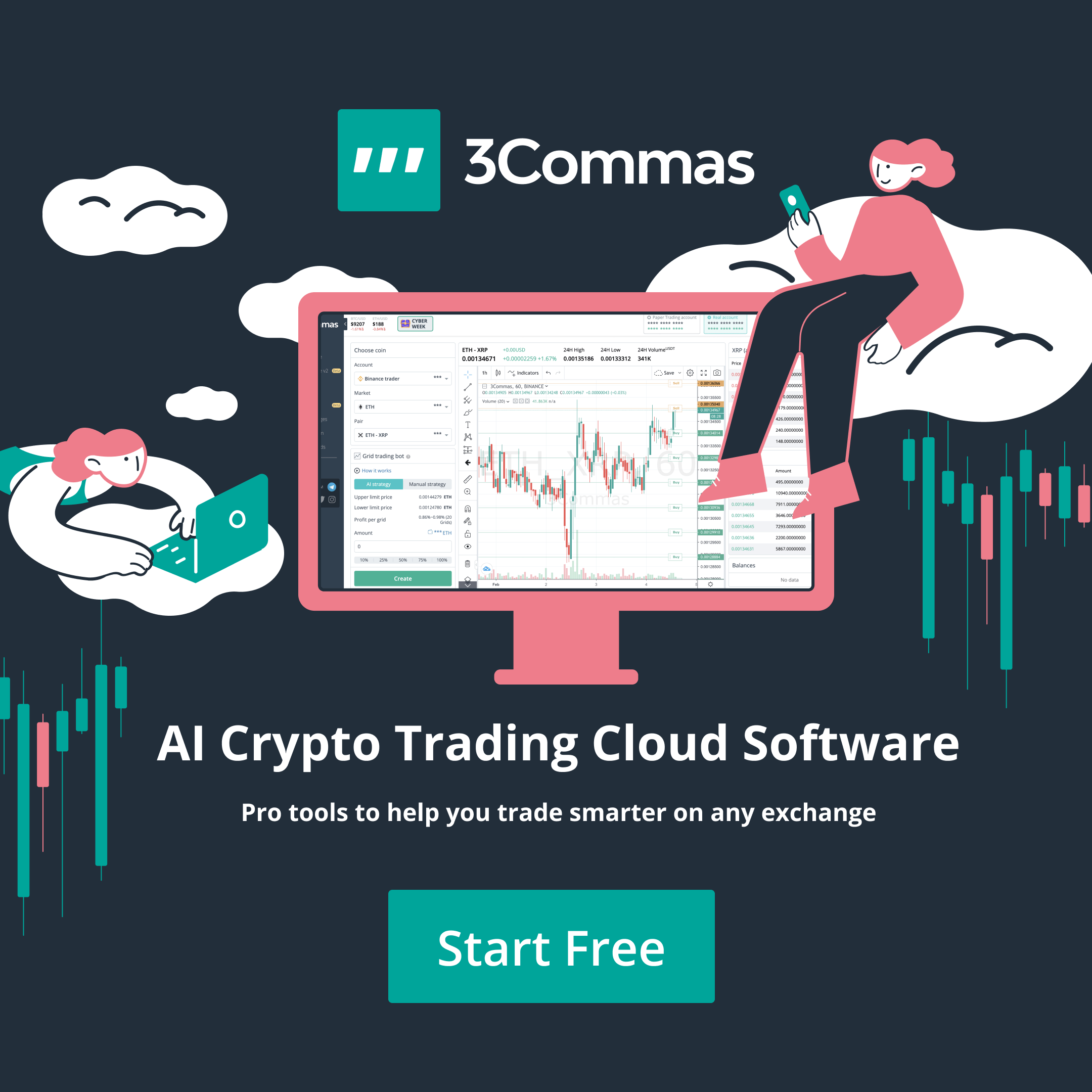
Blockchain technology has been making waves in the world of finance, thanks to the popularity of cryptocurrencies such as Bitcoin and Ethereum. However, the potential applications of blockchain technology are vast and expanding, reaching far beyond the realm of digital currencies.
As more industries begin to recognise the value of distributed ledger systems, blockchain is rapidly emerging as a revolutionary force, with the ability to transform various sectors, including supply chain management.
Supply chain management has long been plagued with numerous challenges, ranging from inefficiencies in data management to issues in transparency and traceability. The intricate system of suppliers, manufacturers, distributors, and retailers necessitates reliable, accurate, and timely information exchanges to ensure seamless operations and customer satisfaction.
However, traditional supply chain management methods struggle to provide the desired transparency, often leading to bottlenecks, lack of visibility, and even fraudulent activities.
Blockchain technology offers a refreshing solution, with the potential to address these pressing concerns and revolutionise supply chain management. Through its decentralised, transparent, and secure nature, blockchain can fundamentally change the way information is exchanged, traced, and managed within the supply chain.
In this article, we will explore the benefits of integrating blockchain technology into supply chain management, discuss real-world applications, and contemplate the future of blockchain within the logistics industry. By understanding the transformative power of blockchain technology, businesses can remain at the vanguard of innovation and harness its potential to optimise and enhance their supply chain operations.
Page Contents
Benefits of Blockchain Technology in Supply Chain Management
Enhanced Transparency and Traceability
The decentralised nature of blockchain allows for increased transparency within the supply chain. Each participant on the blockchain network can access the complete historical record of transactions, enabling greater visibility of the product journey from source to destination. This traceability helps businesses eliminate counterfeit goods and ensures product authenticity.
Improved Security and Trust
Blockchain technology utilises complex cryptographic algorithms to secure data and validate transactions, making it extremely difficult for hackers to manipulate or compromise information. This heightened security fosters trust among stakeholders in the supply chain, facilitating more efficient collaboration between parties.
Streamlined Data Management
Distributed ledger systems enable the real-time exchange of information among supply chain participants, allowing for reduced manual intervention, minimal discrepancies, and increased data accuracy. As a result, decision-making processes are expedited, and operational efficiencies are significantly improved.
Cost Reductions
The increased transparency and improved data management capabilities of blockchain technology facilitate better inventory and demand forecasting. Additionally, the reduced delays in the supply chain, minimised manual intervention, and better compliance with regulations all contribute to significant cost reductions for businesses.
Real-world Applications of Blockchain in Supply Chain Management
Food Safety and Quality Assurance
Food safety has become a significant concern, with growing numbers of foodborne illnesses and scandals causing public alarm. Blockchain technology is helping to address this issue, with retail giants like Walmart and Carrefour using IBM’s Food Trust platform to create a transparent and traceable food supply chain. The platform allows consumers to trace the provenance and journey of their food items, ensuring confidence in product quality and safety.
Eliminating Counterfeit Goods
Counterfeiting continues to plague various industries, including luxury fashion, pharmaceuticals, and electronics. Blockchain’s inherent traceability feature is proving to be a powerful solution to ensure product authenticity. For instance, luxury brand Louis Vuitton has adopted blockchain technology to verify the origin and trace the movement of its products throughout the supply chain, thereby weeding out counterfeit items.
Ethical Sourcing and Sustainability
Growing consumer awareness and demand for ethically sourced products have led companies to explore innovative ways to ensure responsible and sustainable supply chain practices. Blockchain technology can provide traceability and irrefutable proof of origin, enabling companies to confirm that their products are sourced ethically. For example, De Beers, the world’s leading diamond company, has employed blockchain to establish a digital record of each diamond, tracking it from mining to retail, certifying that the stones are conflict-free.
Pharmaceutical Supply Chain Integrity
Implementing a secure, transparent, and efficient system to track the movement of pharmaceutical products is crucial in ensuring both patient safety and adherence to industry regulations. Companies like Pfizer and UPS have been exploring the use of blockchain technology in ensuring the integrity of the pharmaceutical supply chain, employing secure, tamper-proof ledgers to trace the journey of medications from production to distribution, thereby addressing issues surrounding counterfeit drugs and regulatory compliance.
The Future of Blockchain in Supply Chain Management
As more businesses recognise the potential of blockchain technology in optimising supply chain operations, it is increasingly likely that the adoption of distributed ledger systems will gather momentum in the coming years. With major industry players embracing the blockchain revolution, strategic collaborations between technology providers and supply chain management firms are set to fuel innovation and accelerate the development of robust, sector-specific blockchain solutions.
Additionally, advancements in complementary technologies such as the Internet of Things (IoT), artificial intelligence (AI), and machine learning are likely to further enhance the capabilities of blockchain-enabled supply chain management systems. For instance, IoT devices can contribute to real-time data generation, providing accurate input for blockchain networks, while AI and machine learning can help optimise data management and improve decision-making processes.
Conclusion
Blockchain technology is a game-changer in the realm of supply chain management, offering unprecedented levels of transparency, security, and efficiency. Its transformative potential is evident in real-world applications across various industries, from food safety and quality assurance to combating counterfeit goods and promoting ethical practices.
As we look to the future, it is clear that blockchain, in collaboration with other emerging technologies, will continue to drive innovation and propel the evolution of supply chain management. Businesses poised to harness the power of blockchain will undoubtedly excel, staying ahead of the curve and reaping the rewards of a more secure, transparent, and efficient supply chain.
Want to stay ahead of the blockchain game and be in the know on the latest cryptocurrency trends? Look no further! Sign up for our newsletter today and get exclusive access to the latest updates, analysis, and interviews on Bitcoin, Ethereum, Blockchain, Cryptocurrency, Fintech, and more. Don’t miss out on the opportunity to stay informed and stay ahead of the competition – subscribe now to get the latest blockchain news and insights delivered straight to your inbox!








